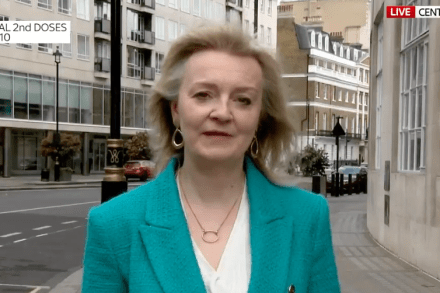Revealed: How Boris paid for the Downing Street refurbishment
I understand that CCHQ (Conservative Campaign Headquarters) made a payment to the Cabinet Office to cover the initial costs of refurbishing the Prime Minister’s home in Downing Street, and the PM is now repaying CCHQ. There is an audit trail and Cabinet Secretary Simon Case knows about it. This is presumably why he told MPs today that he would do a report on the propriety of how the decoration and furnishing was funded. Downing Street says to me that the PM has now paid for the costs of the refurbishment. But there was a loan to him from the Tory party. And I assume that loan will now have to




















